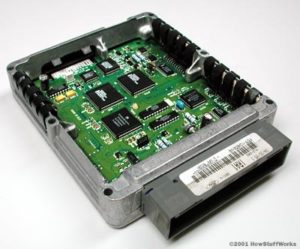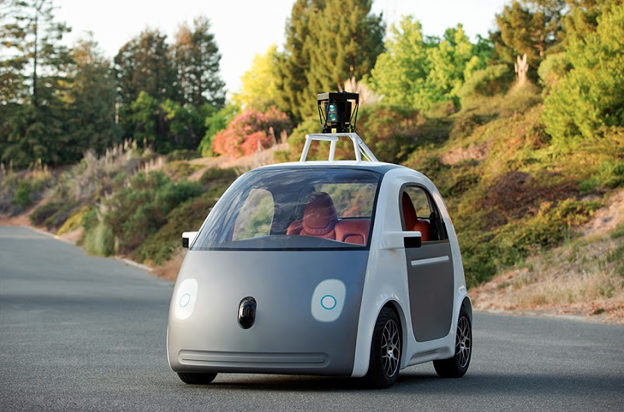The automotive industry is being shaken up by technology advancements which are impacting the future of the business. A PwC study revealed that electronics systems today contribute to more than 90 per cent of innovations and new features in modern vehicles. Manufacturers are increasingly partnering with non-traditional players, such as software companies, in order to integrate innovative digital technologies into their products.

Research by McKinsey asserts that the car of the future will be connected. Manufacturers will not only be able to monitor data in real-time for safety and reliability purposes, but vehicles themselves will communicate with other vehicles and an increasingly smart roadway infrastructure.
The convergence of the Internet of Things (IoT), sophisticated new sensor and telematics systems, Cloud computing networks and Big Data analytics give automakers access to new streams of real-time data from vehicles, which can provide valuable insight into both their products and their consumers.
The continuing shift to more digital automobiles is being driven by changing consumer demands, especially by “digital native” customers who expect vehicles to act like smart devices.
According to Nitin Rakesh, CEO and President of Syntel, manufacturers are still scratching the surface of the potential for this technology, and the ability to efficiently handle, store and interpret massive amounts of vehicle data is the key to success.
“Throughout the various stages of a vehicle’s life span, from production through to the consumer, there is valuable data,” said Rakesh. “Traditionally, most enterprises have stored their data in inflexible, isolated or ‘siloed’ systems which are burdensome to maintain and make it difficult to collaborate and analyse this valuable information to improve business and product performance.”
“Simply pumping mountains of new data into old storage systems is a recipe for disaster, as legacy database technology is unable to perform the type of sophisticated analytics required to uncover the deep insights that create competitive advantage,” said Rakesh.
Rakesh’s firm, leading digital modernisation provider Syntel, offers a suite of services that enable manufacturers to convert and migrate their legacy data to modern platforms, where it can be unified and integrated with new data for analysis.
By leveraging tools including the SyntBots® automation platform, Syntel enables manufacturers to quickly move from outdated mainframe data storage to more efficient, scalable Big Data systems, which has the potential to improve performance while reducing maintenance and support costs by as much as 30 per cent.
The results, according to Rakesh, are higher quality products, greater customer satisfaction and the ability to create real value from this data.
“Cars are increasingly becoming mobile technology hubs, and digital features are no longer just a fancy option, but an integral part of the vehicle itself,” he said. “Connected cars can send manufacturers valuable performance data that enables them to recognize patterns and apply predictive analytics to detect faults or breakdowns before they occur.”
Rakesh says the benefits of this type of analysis are greater efficiency, better customer service, reduced warranty costs, improved vehicle safety, and the ability to apply real-time insights about vehicle performance to the design and engineering of future models.
According to McKinsey, new technology-driven automotive features could add as much as $1.5 trillion in new revenue potential to the industry by 2030, even while the growth rate in vehicle sales drops. This makes it important for manufacturers to recognize the value of their existing customers and invest in creating a positive, lasting customer experience.
“The customer experience is an ongoing process that places great importance on staying connected with the consumer after the sale,” said Rakesh. “At Syntel, we are working with a truck and commercial vehicle manufacturer to enable real-time monitoring of sensors embedded in more than 20,000 of their vehicles on the road today,” said Rakesh.
“The system helps our client positively impact their business in a number of important ways, including more efficient operations, increased customer loyalty, and the ability to create a virtuous cycle where the data we collect today helps build safer, more reliable vehicles tomorrow.”
Source: http://telematicswire.net/electronics-systems-contribute-90-of-innovations-and-new-features-in-modern-vehicles/












